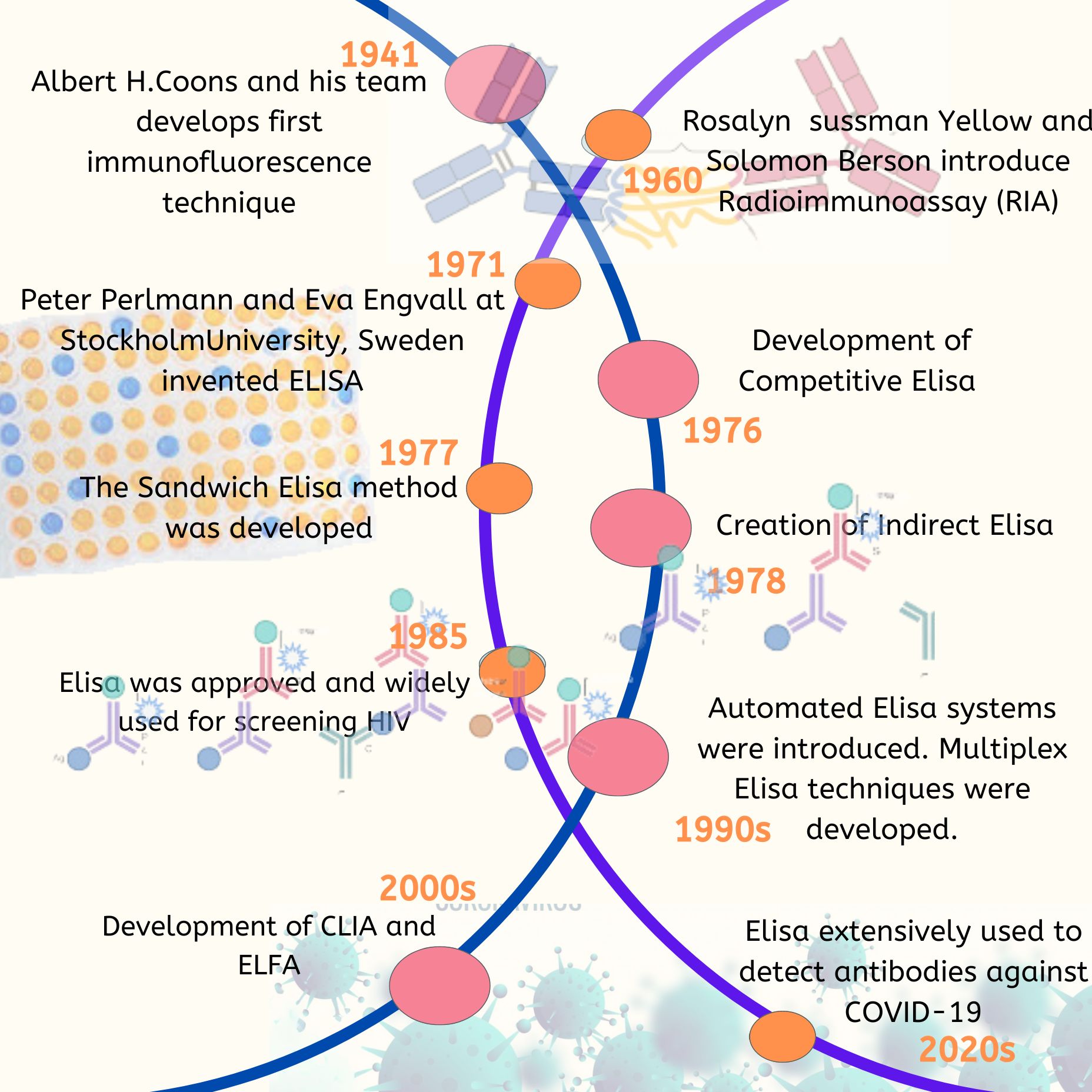Behcet syndrome is a rare condition causing inflammation of the blood vessels creating problems in different parts of the body. This syndrome varies among the affected individuals and may present symptoms such as sores of the sex organs, eye inflammation and mouth sores. The more severe form of behcet syndrome can include blood clots, inflammation of the digestive system, meningitis and blindness. This syndrome appears to affect people living in the countries such as Turkey, Iran, Israel, Japan and China. It usually occurs in individuals between the age of 20 and 30 years, although it can begin at any age.
Causes
The exact cause of behcet syndrome is not known although research indicates genetic predisposition may play a role. This means that although the individual may carry the gene that can develop this condition, it may only be triggered by certain environmental factors. Studies also suggest that autoinflammatory condition can also be associated with this disorder where the body’s immune system mistakenly attacks the blood vessels that may be triggered by genetic and environmental factors.
Symptoms
The symptoms vary among the affected individuals with this condition, which may appear and disappear on its own. The most common parts of the body affected by behcet syndrome include the blood vessels, skin, genitals, eyes, joints, mouth, digestive system and the brain. The mouth sores are usually the common sign of this condition which may resolve on its own after a few weeks but may recur again. The sores of the genitals may develop on the scrotum or the vulva causing pain and could leave scars. The inflammation of the eyes creates redness and blurred vision that can affect both the eyes. When problems occur with the blood vessels, pain and swelling may develop with the blood clots, however, when the large arteries are affected, complications such as an aneurysm or blockage of the blood vessel can happen. The inflammation of the brain can create fever, disorientation, headache or stroke. When the digestive system becomes affected, it can cause abdominal pain and diarrhea.
Diagnosis
There are no particular tests available to diagnose behcet syndrome. However, the evaluation is based on the symptoms that develop and in carrying out various laboratory tests to rule out other possible disorders. Certain criteria have been identified in the diagnosis of this syndrome which consists of the recurrent oral ulcerations along with two other addition symptoms that may include eye problems, genital sores, skin lesions and a positive pathergy test. This test involves the insertion of a sterile needle into the skin to determine whether small red bumps occur 48 hours after the prick.
Treatment
There is no cure available for behcet syndrome. The treatment usually focuses on relieving the symptoms that occur with each individual. The mouth sores, inflammation of the eyes, genital and skin sores may be treated with medications such as eye drops, mouth rinses and skin creams containing corticosteroids to reduce the inflammation. Other treatment may include medications to suppress the immune system from attacking the healthy tissues, but this may increase the individual’s risk of developing infections.
References
http://www.nhs.uk/conditions/Behcets-disease/Pages/introduction.aspx
https://rarediseases.org/rare-diseases/behcets-syndrome/
https://medlineplus.gov/behcetssyndrome.html



